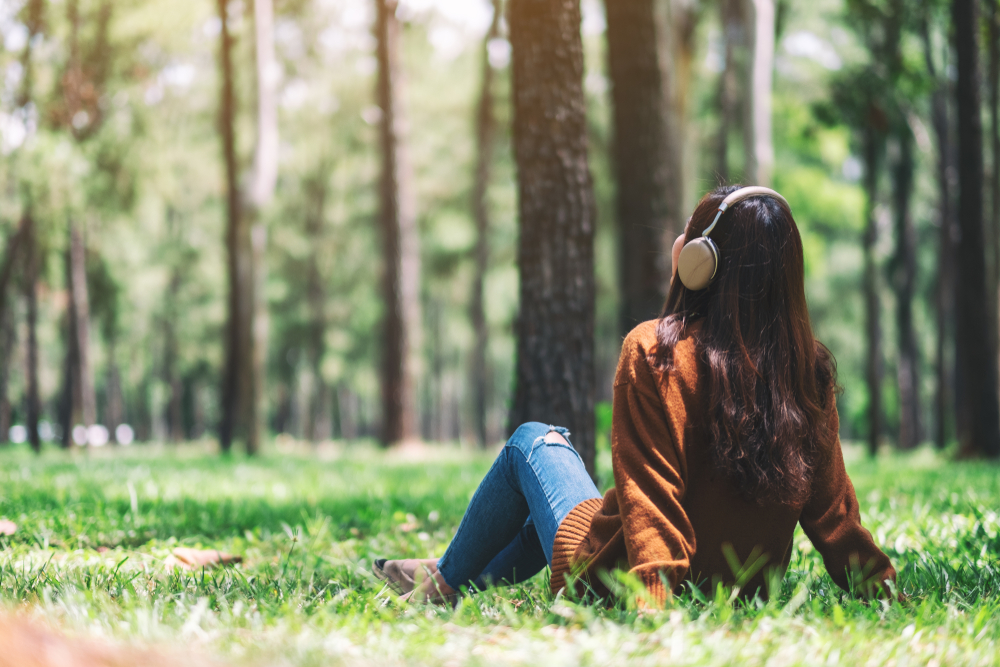Driving to Oman? Avoid delays at the border. Log in to MyGIG Car and instantly download your Orange Card.
Effective Relaxation Techniques

In today's fast-paced world, finding moments of peace and tranquility can be challenging. Stress and anxiety have become commonplace, making it essential to have reliable relaxation techniques in our toolkit. Here, we explore some of the most effective methods to help you unwind and rejuvenate.
1. Deep Breathing
Deep breathing is a simple yet powerful relaxation technique. By focusing on your breath, you can calm your mind and body. It can also help lower blood pressure, reduce stress hormones and promote a sense of overall wellbeing. Here's how to do it:
- Comfortably sit or lie down in a quiet place.
- Breathe in slowly through your nose, allowing your abdomen to rise as your lungs fill with air.
- Pause for a few seconds.
- Breathe out through your mouth, letting your body relax.
- Continue this cycle for a few minutes, focusing only on your breath.
2. Progressive Muscle Relaxation (PMR)
Progressive Muscle Relaxation involves tensing and then slowly releasing different muscle groups. This technique helps to reduce physical tension and promote relaxation, specifically for those with chronic stress or anxiety. Follow these steps:
- Lie down or sit comfortably.
- Tense the muscles in your toes for a few seconds, then release.
- Work your way up gradually to other muscle groups—calves, thighs, abdomen, chest, arms, and face—tensing and then relaxing each one.
- Focus on the feeling and pay attention to the contrast between tension and relaxation.
3. Mindfulness Meditation
Mindfulness meditation involves staying present in the moment without judgment. It can be practiced anywhere and is known for reducing stress and improving mental clarity. It can help you become more aware of your thoughts and emotions, leading you to greater emotional regulation. Here's a basic guide:
- Sit comfortably with your back straight in a quiet spot
- Pay attention to each inhale and exhale.
- Focus on your thoughts, and if your mind wanders, gently bring your focus back to your breath.
- Practice regularly, start for a few minutes each day and gradually increase the duration.
4. Visualization
Visualization, involves creating a mental image of a peaceful place or situation. Combined with deep breathing, this technique can help you escape stress and find calm. Try this approach:
- Close your eyes and sit or lie down comfortably.
- Imagine a serene scene where you feel completely at ease, such as a beach, forest, or meadow.
- Imagine the sounds, smells, and textures of this place.
- Spend a few minutes immersed in your peaceful scene.
5. Yoga
Yoga combines physical postures, breathing exercises, and meditation to promote relaxation and well-being. Practicing yoga regularly can improve flexibility, strength, and mental clarity. Here are some basics:
- Choose a yoga routine that suits your level of experience.
- Synchronize your movements with your breath.
- Concentrate on each posture and how your body feels.
- Aim to incorporate yoga into your daily routine, even if it's just for a few minutes.
6. Listening to Music
Music has a profound impact on our emotions and can be a great way to unwind. Create a playlist of your favorite calming tunes and set aside time to listen. Whether it's classical, jazz, or nature sounds, music can help lower stress levels and improve your mood.
7. Spending Time in Nature
Connecting with nature can have a calming effect on the mind and body. Whether it's a walk in the park, a hike in the mountains, or simply sitting in your garden, spending time outdoors can reduce stress and improve your overall sense of well-being.
Incorporating relaxation techniques into your daily routine can significantly improve your quality of life. Experiment with different methods to find what works best for you. Remember, the key to effective relaxation is consistency and finding what truly brings you peace. Make relaxation a priority, and you'll be better equipped to handle the stresses of everyday life.







